
Apparel DECODED
Previous edition: 05 Apr 2024
Share article
Get the full version straight to your inbox.
Exclusive access to our best-in-class data & intelligence
Subscribe now
Fashion brands urged to protect Bangladesh garment workers' rights
The Clean Clothes Campaign explained that it communicated with 45 major fashion and sportswear brands, including H&M, Zara, Next, The North Face (VF Corp.), and Gap urging them to encourage their Bangladesh suppliers to drop the alleged criminal charges that were filed against workers and labour leaders during last year's minimum wage protests.
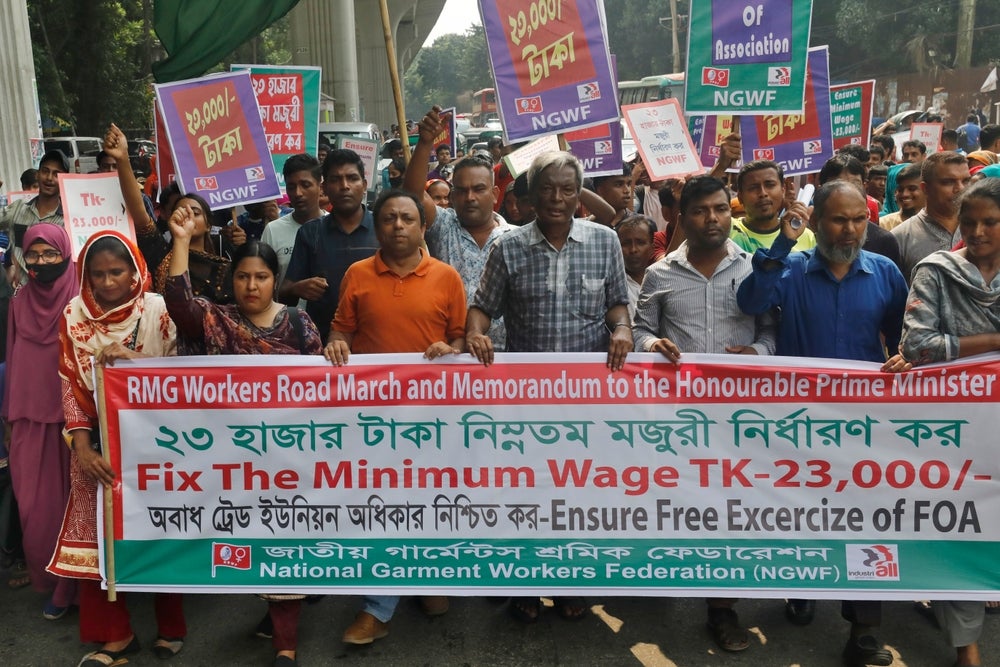
The organisation stated: "To date only a handful of brands have met this request to respect their workers’ basic human rights, by pressuring their suppliers to take action."
The NGO added that the vast majority of brands allegedly "shirked the responsibility" by either falsely claiming that their suppliers were not involved, defending their suppliers’ filing of criminal cases, and/or denying that the charges were being used as a tool of "systematic retaliation" against workers who demonstrated for higher wages, or did not respond at all.
Many others, according to the organisation, stated that their "sole response" was to involve the American Apparel and Footwear Association (AAFA) or the Ethical Trading Initiative (ETI) to issue a joint statement on their behalf.
The AAFA sent a letter in mid-March to the Bangladesh Garment Manufacturers & Exporters Association (BGMEA) in mid-March to call for an end to the ongoing detainment and threat of detainment for garment workers involved in Bangladesh's minimum wage protests.
Similarly, the ETI published a statement on 21 March against the repression of the right to freedom of association and criminal charges against workers in Bangladesh.
However, the Clean Clothes Campaign argued both the AAFA's letter and ETI's statement omitted that their concerns were in response to a push from rights groups directed at their member brands and claimed that most criminal cases (allegedly 26) were filed by factory owners producing for AAFA and ETI member brands and not the police, which it claimed has "filed at least six".
For this reason the Clean Clothes Campaign stated: "In this context, unless AAFA and ETI members require their suppliers to withdraw cases, the notes of concern ring hollow."
In response a spokesperson for the Ethical Trade Initiative told Just Style: "In Bangladesh, we are in continued dialogue with union leaders who inform us of important issues and risks to workers. Freedom of Association is a fundamental human right, as well as a clause of the ETI Base Code and a crucial component of our approach to advance workers’ rights. However, we all acknowledge the challenges faced to progress this right in the country.
"The UNGPs make clear that whilst business enterprises have the responsibility to respect Freedom of Association, it is the state’s duty to protect this right.
"In our statement we request action from both the Government of Bangladesh and companies. We make clear that any allegations or cases, should be evidence-based and investigated, and explain our expectation that company members engage with their suppliers to signal that the use of legal charges as a tool to collectively intimidate and discriminate workers should not be tolerated."
Just Style had not received a response from the AAFA, BGMEA, Bangladesh Government Press, Ministry of Information at the Government of Bangladesh, H&M, Gap, Zara's parent company Inditex, Next or The North Face's parent company VF Corporation at the time of publication.
Bogu Gojdź, public outreach coordinator from Clean Clothes Campaign, believes brands have a chance to make up for their silence during the workers’ wage struggle by ensuring workers "will not go to jail for standing up for their right to a wage they can survive on".
Gojdź said: "While most are still refusing to act, some brands have used their leverage with suppliers to ensure cases are dropped, but most act like protecting freedom of association is irrelevant. We will be publicly releasing a tracker of how they have responded, brands have until 8 April to ensure they end up on the positive side of that list."
What happened during the 2023 higher minimum wage protests in Bangladesh?
In September 2023 the BGMEA urged its garment factory members to agree a fair price with global fashion brand buyers to support higher minimum wages for its garment workers.
However, the Clean Clothes Campaign alleged that during discussions for setting a higher minimum wage in Bangladesh, workers were not included in the process and as a result turned to street protests for their target wage of at least 23,000 BDT ($208).
The garment worker protests continued after the new minimum wage was announced with at least four workers reportedly losing their lives following the clashes.
In January reports surfaced that garment factories in Bangladesh had terminated the employment of hundreds of workers following the higher wage protests in October, despite global fashion brands urging the Bangladesh Government not to retaliate against participants both during and after the minimum wage review.
The Clean Clothes Campaign argued that despite the increase to a monthly wage of 12,500 BDT ($113), Bangladesh workers earn among the "lowest wages" in the world, claiming it to be less than neighbouring countries Pakistan and India, and even less than Cambodia and Indonesia.
The Clean Clothes Campaign also criticised factories for their failure to protect workers from what they described as a "clear risk of deadly violence" from police and military forces stationed in industrial areas. Additionally, it condemned factories for allegedly closing their factories without notice or assistance to workers.
Worker Rights Consortium (WRC) director of international advocacy Thulsi Narayanasamy said: "The systematic punishment of workers for speaking out against a poverty wage cannot be separated from brands’ unwillingness to use their leverage to protect the rights of workers in their supply chains. We have gathered harrowing testimony from workers and union leaders impacted by violence and horrifying weeks in jail and all of this is connected to supply chains of international brands."
Labour Behind the Label's policy lead Anna Bryher added the silence of the brands on these issues and their slowness to respond amounts to so-called "complicity in human rights violations".
She continued: "Where are the brands in making sure that suppliers drop the blanket legal charges against workers who protested against poverty pay? Repression is predictable, and it shouldn’t take rights groups having to fight for these vile legal cases to be dropped, for brands and the ETI to take notice and start work."
However, Nate Herman, senior vice president at AAFA, explained that its members brands are "indeed highly engaged."
Herman further clarified that AAFA sent a letter to the Bangladesh Garment Manufacturers and Exporters Association (BGMEA) on 18 March, stating: "The AAFA membership has repeatedly called to end the ongoing detention, and the continued threat of detention, of thousands of workers related to the protests over the minimum wage in Fall 2023. As we have stated previously, I also urge BGMEA to request that the Bangladesh government to investigate, and hold accountable, those responsible for the violence that led to the deaths and injuries of workers during the protests."
He mentioned that AAFA had also sent letters to the Bangladesh government back in July and October 2023 regarding the welfare of workers in Bangladesh and urging action for setting the minimum wages.
Herman said that the 13 October letter in specific, detailed 16 major global brands that sent a letter to the Bangladesh government urging a "transparent minimum wage review that involves all stakeholders and that does not lead to any retaliation."
Latest news
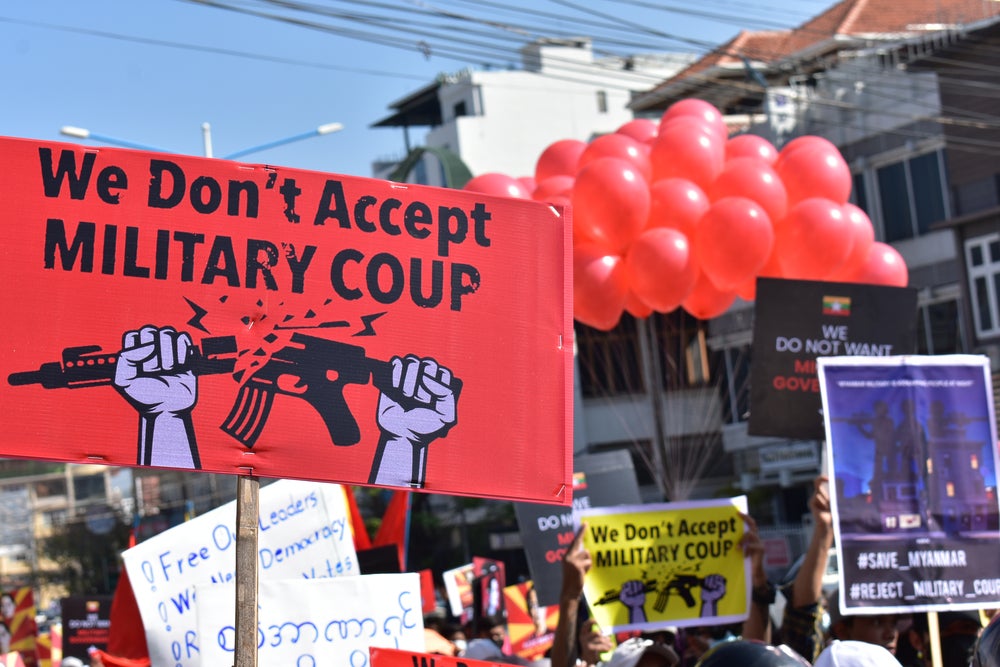
Week in Data: Myanmar violations rise, mixed PVH results, Levi Q1 struggle
Just Style's round-up of this week's news in numbers examines Myanmar's rising garment worker violation stats, PVH's mixed results and the fashion brands missing their decarbonisation targets.
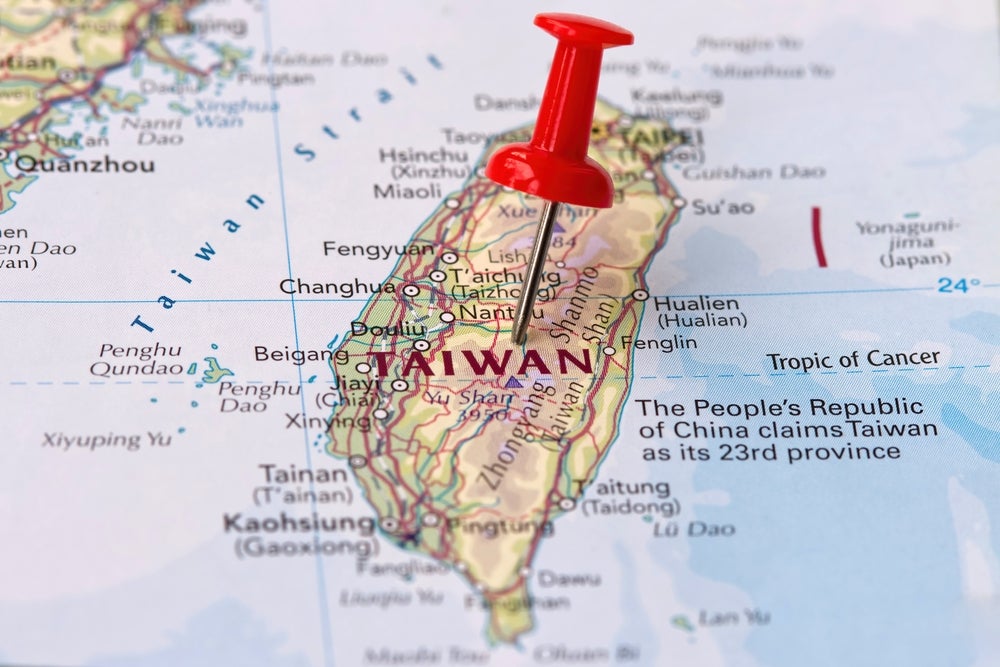
‘Short-term' disruption to hosiery supply chain after Taiwan earthquake
The 7.4 magnitude earthquake that struck Taiwan’s east coast on 3 April could see some short-term disruptions to the hosiery supply chain, according to an apparel sourcing expert as the country is a leading sourcing base for many global fashion brands.
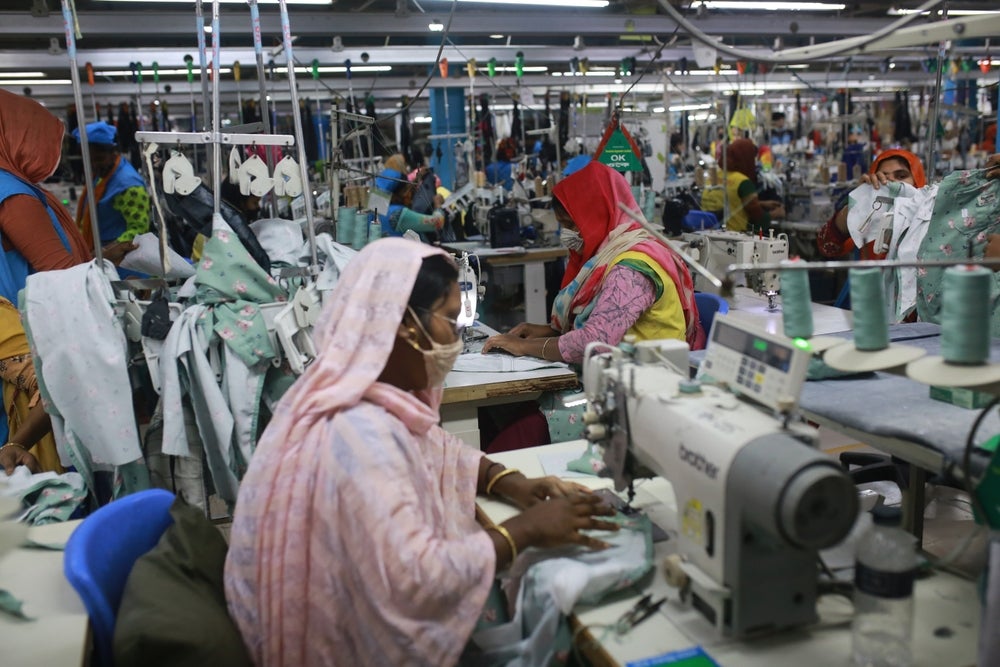
Bangladesh eyes man-made fibre products to boost garment exports
A recent study by professional service firm Price Waterhouse Cooper (PwC) revealed that ready-made garments (RMG) made from man-made fibres (MMF) will dominate 60% of global garment exports by 2030, an opportunity Bangladesh is hoping to capitalise on.
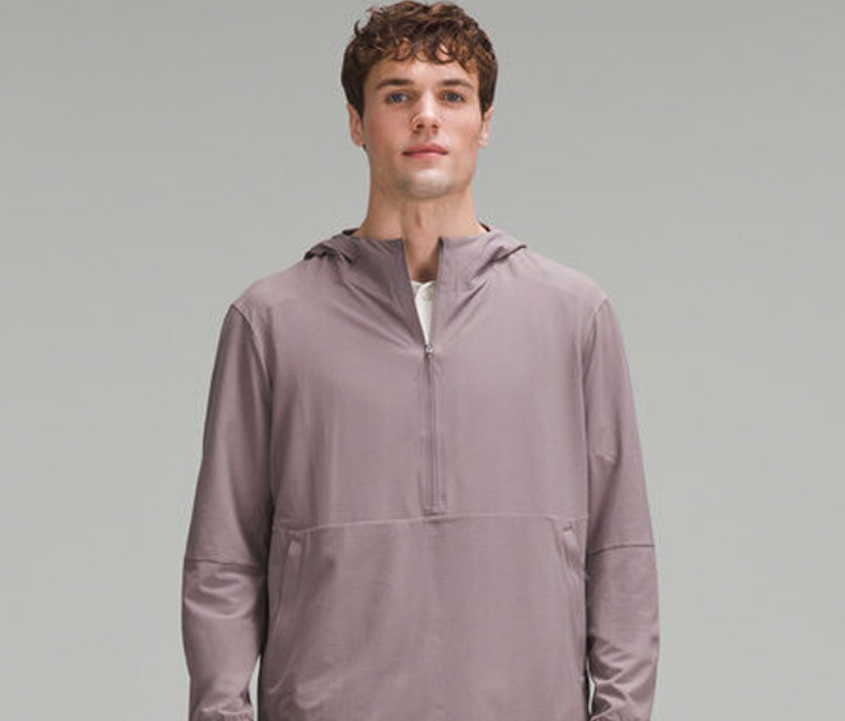
Lululemon, Samsara Eco unveil enzymatically recycled polyester jacket
Lululemon and Samsara Eco’s Packable Anorak jacket is said to showcase a "milestone" in textile-to-textile recycling with polyester produced through a combination of bioprocessing technologies.
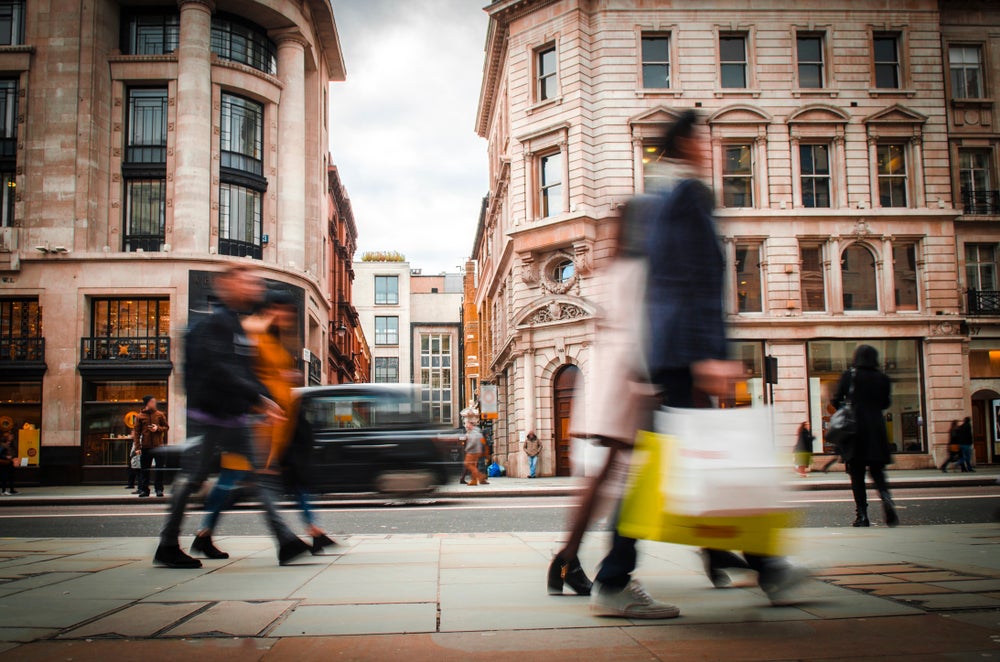
NRF bullish on US retail resilience despite projected slowdown
In the April edition of the NRF’s Monthly Economic Review Kleinhenz admitted "no one can accurately forecast what surprises the next year might hold, but the foundation of the economy is relatively sturdy and still on a sustainable path”.
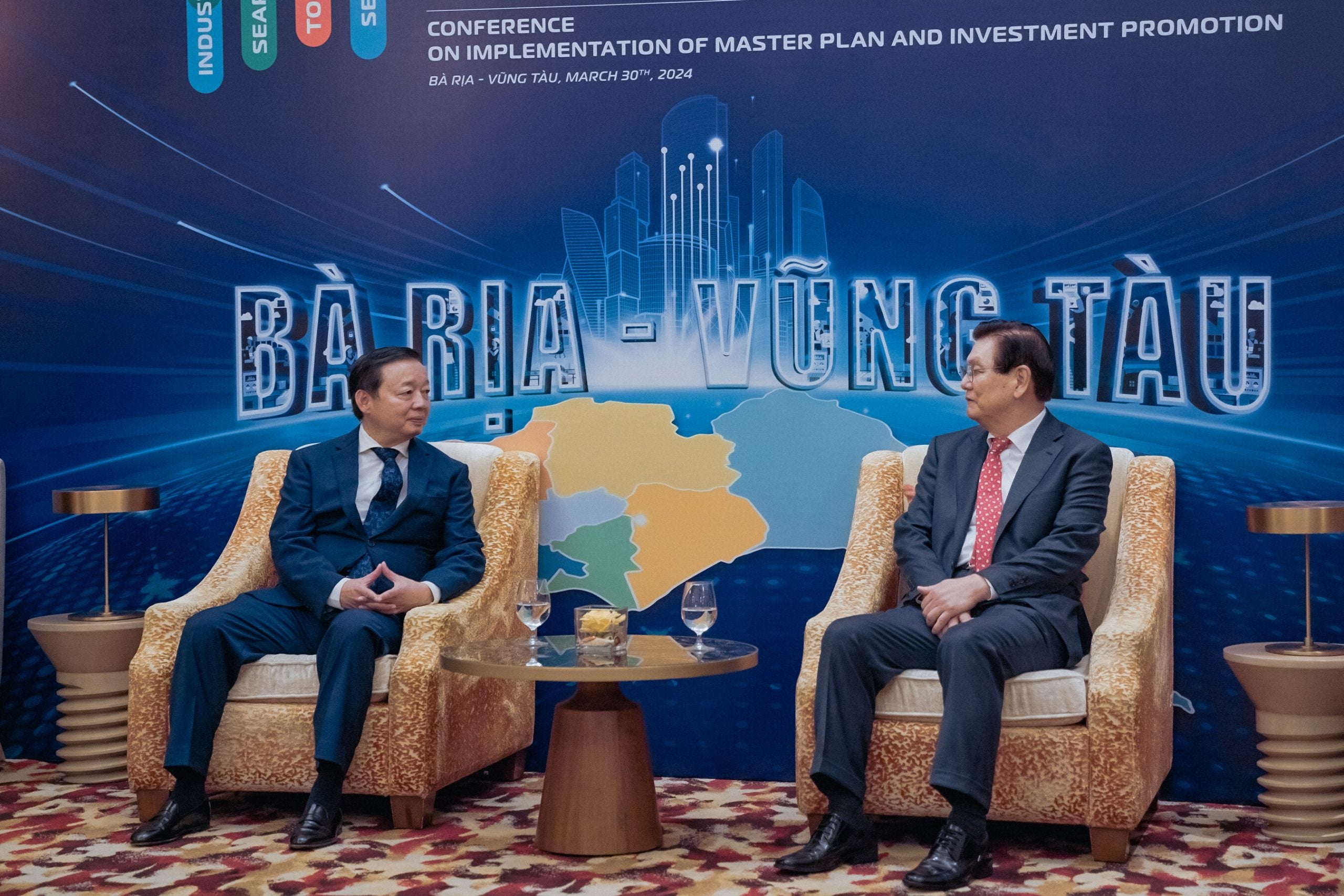
Hyosung invests $1bn in green raw materials for ‘bio-spandex'
Hyosung has announced its Bio-BDO (Butanediol) production plant project has got the green light from the Ba Ria-Vung Tau Provincial Government in Vietnam.
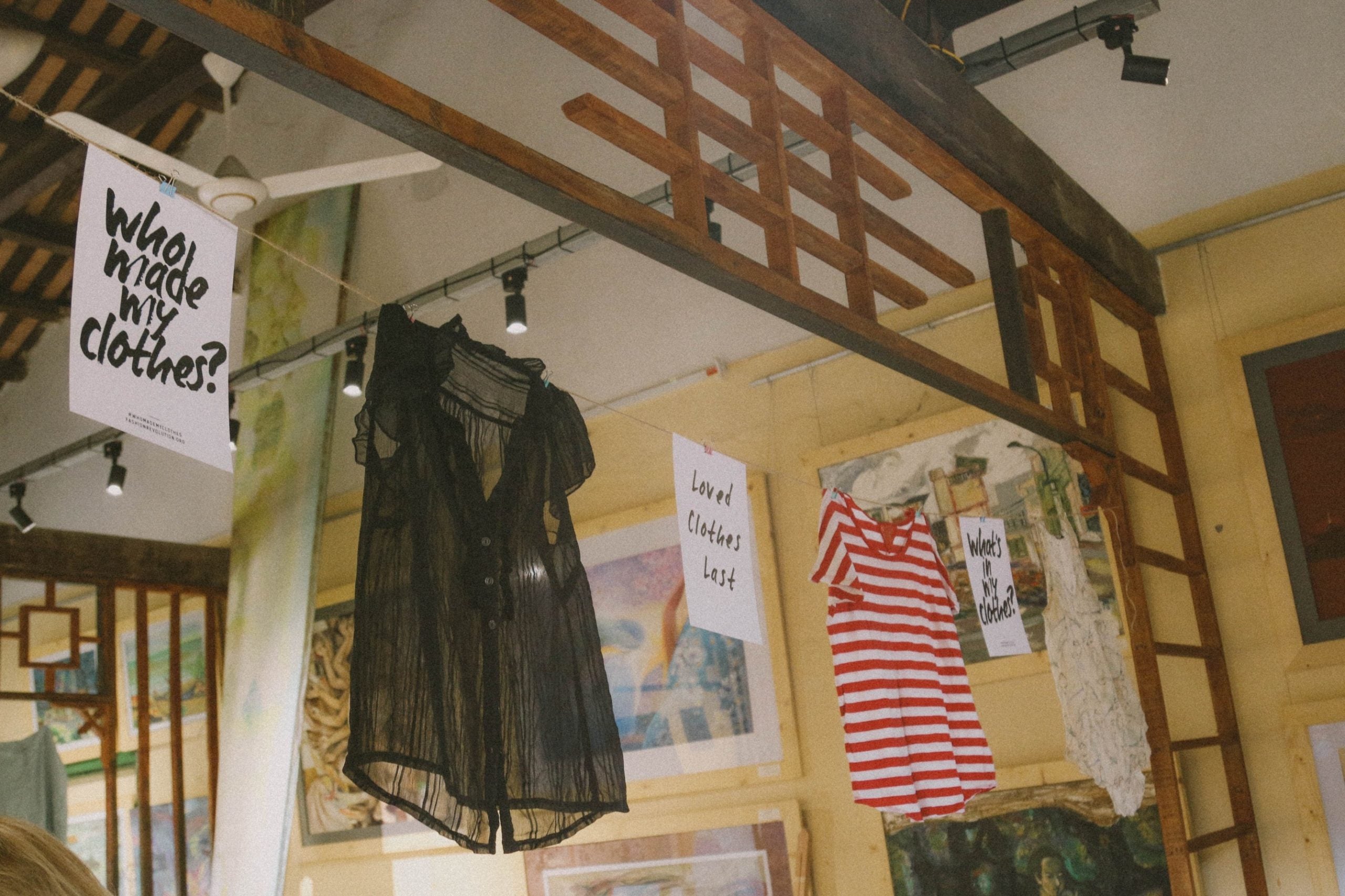
Fashion Revolution urges apparel to build people, planet-first sector
Global campaign group Fashion Revolution is urging fashion consumers, brands and the wider apparel sector to drive social and environmental justice.
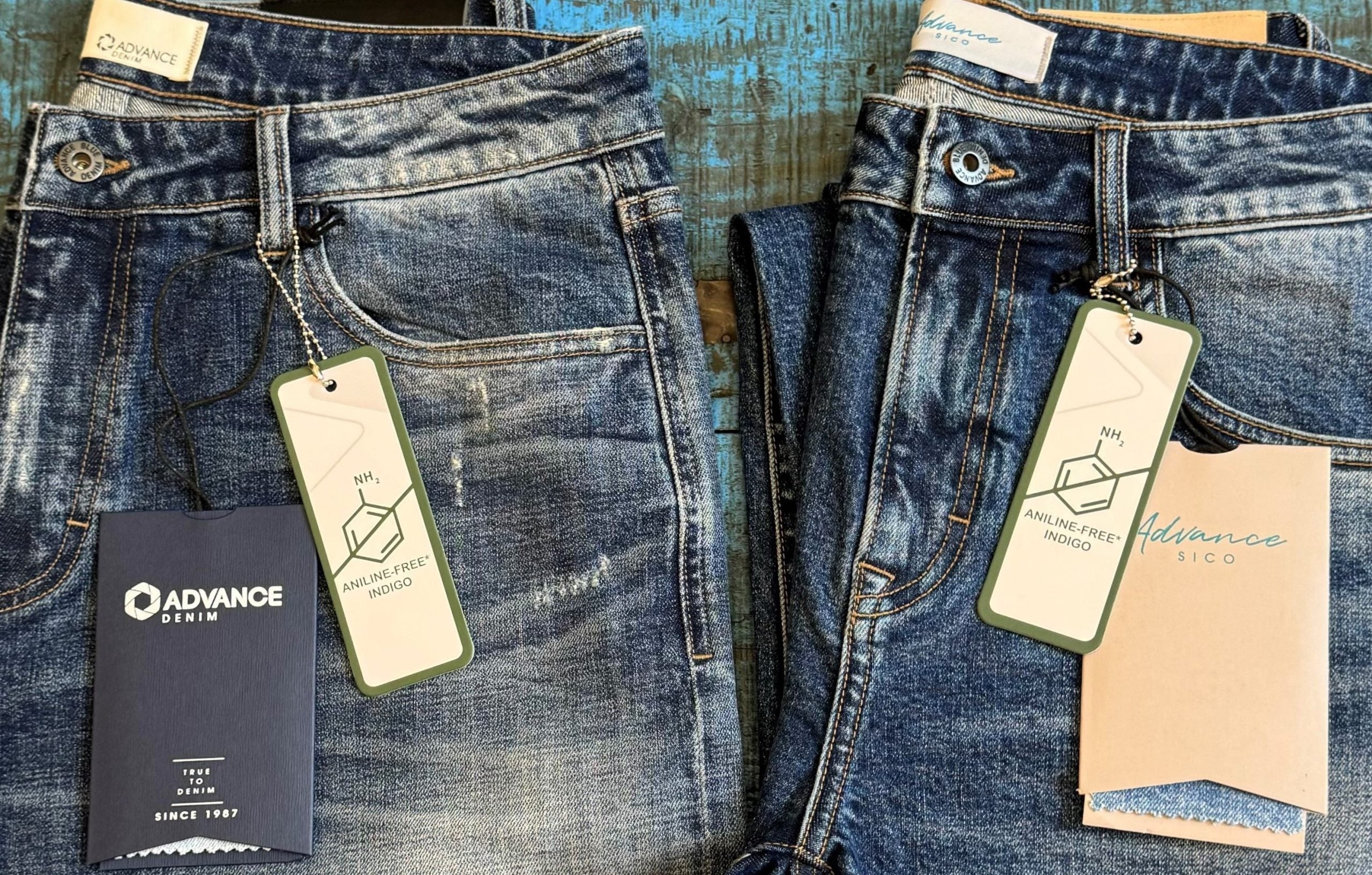
Denim firms collaborate on ‘aniline-free' denim production
Archroma, G-Star RAW and Advance Denim have renewed their joint commitment to produce aniline-free denim apparel based on Archroma's Denisol Pure Indigo 30 in a bid to move towards circularity.
In our previous edition
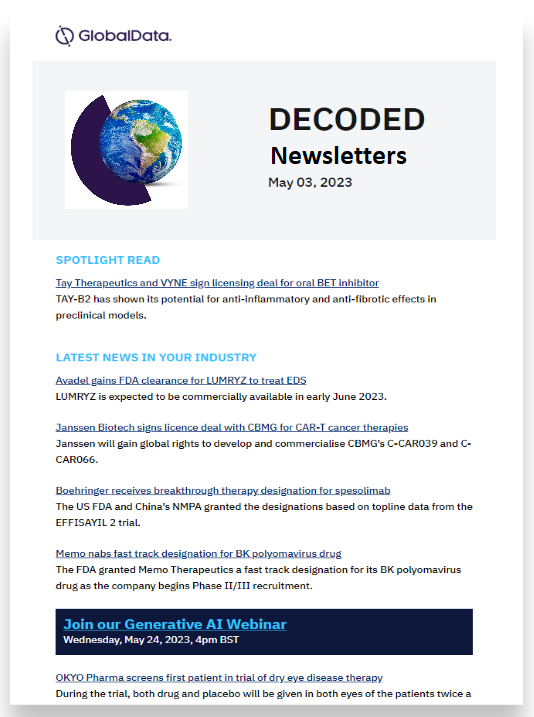
Apparel Decoded
Here's how blockchain will revolutionise the fashion supply chain
04 Apr 2024

Apparel Decoded
Two years on: How Ethiopia's apparel sector is combatting AGOA uncertainty
03 Apr 2024

Apparel Decoded
Lecturer: Consumers seek sustainable fashion materials, transparency
02 Apr 2024
Newsletters in other sectors
Aerospace, Defence & Security
Banking & Payments
Medical Devices
Travel and Tourism
Search companies, themes, reports, as well as actionable data & insights spanning 22 global industries
Access more premium companies when you subscribe to Explorer


